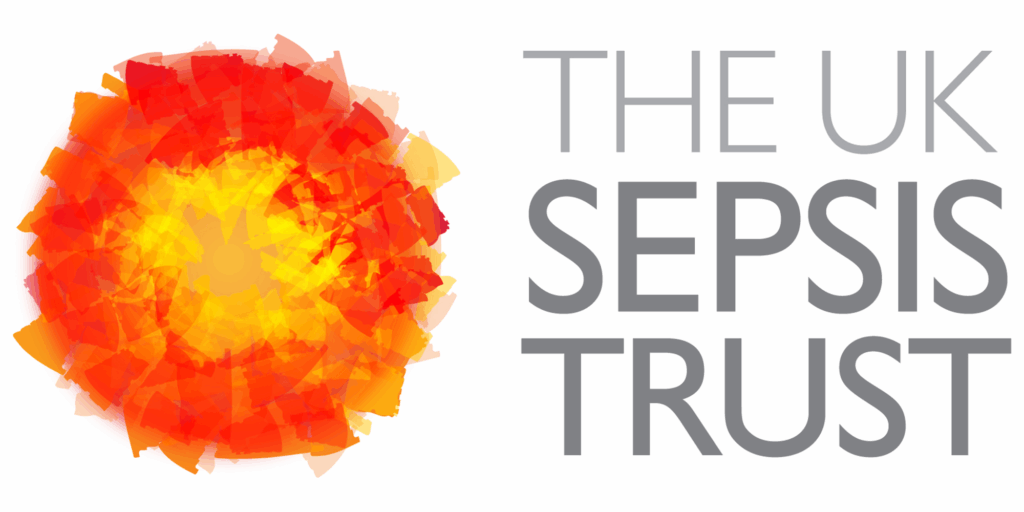St Andrews leads national study to improve sepsis diagnosis

The University of St Andrews School of Medicine is leading a pioneering new study aimed at improving the early diagnosis and treatment of sepsis across Scotland.
Generously funded by the UK Sepsis Trust, the Improving Patient Care & Research on Sepsis Scotland (IPCReSS) study will assess whether Scottish Electronic Medical Records (EMR) can be used to identify sepsis earlier and more accurately. By analysing routinely collected datasets, such as patient vital signs and laboratory results, the study seeks to uncover opportunities for earlier intervention and the development of novel treatments.
Sepsis is a life-threatening condition which arises when the body’s response to infection harms its own tissues and organs. It affects 245,000 people annually in the UK and claims 48,000 lives, but it can be difficult to diagnose due to its varied presentation across patients. IPCReSS aims to address this challenge by identifying those most at risk of delayed diagnosis and exploring the feasibility of a national sepsis registry and point-of-care alert system.
IPCReSS team leads Professor Frank Sullivan, Professor of Primary Care Medicine, and Dr Keith Moffat, Academic Fellow in General Practice, say:
“New approaches to the earlier diagnosis and better treatment of sepsis are required. We are delighted to be working with the UK Sepsis Trust on this project using advanced data science methods to identify opportunities and work with patients and their families to improve outcomes. We hope that this early work will contribute to longer-term developments and clinical advances.”
The project team comprises a wide range of experts from across the NHS and the Universities of St Andrews and Edinburgh. This includes discovery scientists with expertise in mathematics and computer science, alongside clinical academics specialising in infectious disease, general practice, public health, emergency medicine, and intensive care. Together, they reflect the School’s interdisciplinary approach to health data science and its commitment to improving patient outcomes through collaborative, data-driven research.
Read the UK Sepsis Trust’s press release to learn more about the project.